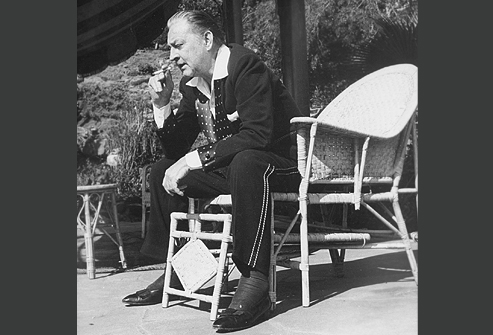 Sunday, March 13th, 2011
Sunday, March 13th, 2011
High blood pressure can be caused by a number of reasons. Most of the reasons are quite known and sound rather familiar. However, there are still others that are not as common. Among such uncommon blood pressure causes, one is kidney problem. in fact, kidneys have an important role to play in maintaining blood pressure.
It is a cause of worry when the flow of blood to one of the kidneys is somehow reduced. the kidneys, in response to this reduction in the blood flow, release a hormone called ‘angiotensin.’ this constricts the blood vessels and the blood pressure shoots up.
This kidney problem is better understood when the way angiotensin is made is understood. Produced by angiotensinogen, it is an alpha-2-globulin released by the liver, and around 453 amino acids go into its making.
When the blood pressure is low, renin produces angiotensin I, which turns into angiotensin II. it is the presence of angiotensin II that makes the blood pressure rise. Arteries constrict due to angiotensin II, besides blood clots are also promoted due to platelets aggression, which promotes blood clots.
Angiotensin II is also responsible for increase in kidneys’ sodium absorption. this further worsens the blood pressure condition. it is basically an attempt on body’s part to increase the blood flow to kidney. and when the body succeeds, which it makes sure it does, you see your blood pressure reading skyrocket.
Apart from the above-mentioned ailment, there is another kind of kidney problem leading to high blood pressure. this normally afflicts the younger people, like the teenagers. it is called renovascular hypertension. it is caused when the renal arteries leading to the kidneys get narrow naturally. the renin is, thus, released and the above-mentioned cycle leading to high blood pressure is set in motion.
That was the problem part. Coming to the solution part, we all tend to pin our hopes to medication and so when things start going wrong with our blood pressure we rush to the nearest chemist. that is not the right thing to do. it is the doctor that you must consult and take the medication only when he prescribes and only those that he asks you to take.